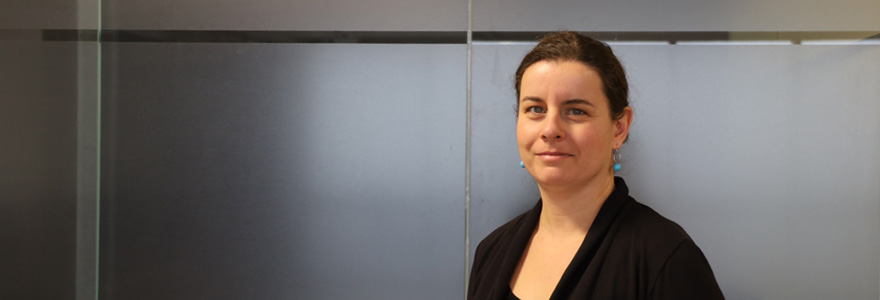News and Updates
Contact
Faculty of Social Science
Social Science Centre
Room 9438
Western University
T. 519-661-2053
F. 519-661-3868
E. social-science@uwo.ca
Public space and sense of place
January 23, 2023
Photo and story by Rob Rombouts
Community is a driving force in Roza Tchoukaleyska’s research.
She researches how public spaces contribute to the social life of cities, considering how changes to cities may alter a sense of community and sense of place. Tchoukaleyska has joined the department of Geography and Environment as an Assistant Professor.
She is also a professional urban planner, and much of her research has focused on how urban planning decisions can affect, and decimate, communities. Working in southern France, she has looked at the balance between urban redevelopment and efforts to maintain heritage codes. Within France, efforts to maintain French cultural heritage would also disrupt developments and growth that might benefit immigrant communities.
A myriad of factors can impact how people feel or exist in a space, including such things as ambient sound, or even silence. Tchoukaleyska studied this in French suburban high-rise neighbourhoods. Tchoukaleyska will often take an ethno-graphic approach when completing her research, working and living within the communities she is studying.
When COVID-19 led to closure of public spaces, Tchoukaleyska’s research shifted to focus on how people can build or maintain social resilience in public spaces, and the value of these spaces to the public.
She was living in Newfoundland at the time, in teaching School of Science and Environment at Memorial University’s Grenfell Campus, and she studied the indoor and outdoor markets in the region. Despite the presence of disease mitigation restrictions, such as one-way movement and plastic sheeting, people still showed up in large numbers, in part for the social aspects.
“When we shut down public spaces, how do we maintain community?” she said. “It became clear people valued even these minute interactions.”
She also worked closely with NGOs and social enterprises on the North and West of Newfoundland.
In one MITACs funded project, the partnership aimed to understand the value of social enterprises in building regional vitality. Tchoukaleyska hopes to establish connections to similar community groups in London.
She is excited to join the department and be working at Western. ““As I pivot to new version of public space research, Western is the right place to be for it,” she said.

